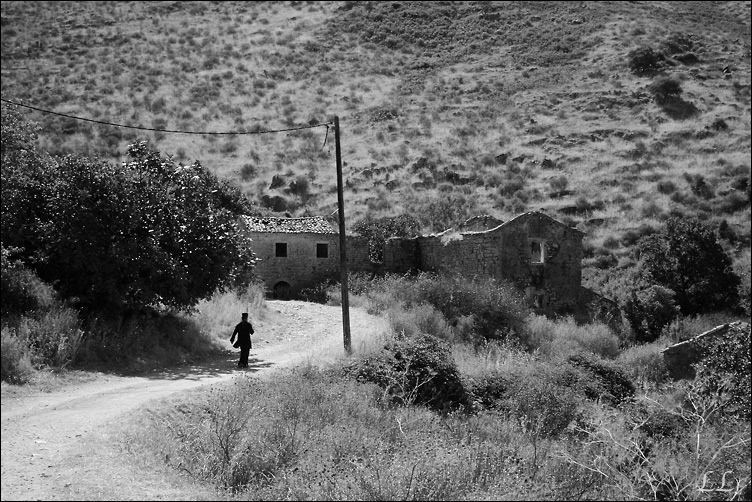What do you plan on doing with the images? Depending on the answer, 6 megapixels may not be too little.
I wrote this I think on both of the X-1 Pro speculation blogs, but I am not at all confident in the X-1's manual focusing. Having used the GXR and the Nex 5N with Leica glass, I wouldn't want to be without focus magnification and the peaking mode. The peaking on the GXR is seemingly more effective, the magnification function on the Nex is better implemented with the touch screen because you can easily select your focus point. Right now it seems the X-1 isn't going to have focus peaking though they may add it, if they can. My conclusion using the Nex and GXR is that manual focusing is possible, and quite doable, but i do have to say that it is not enjoyable like it is with a rangefinder. The big draw on the X-1 is the optical viewfinder, which can't work with either peaking or magnification, which leaves "focus confirmation", which is just autofocus where we do the work, leaving all the usual AF problems the same (like are you really focusing on the eyes or the ear? The green dot doesn't tell you that.).


